I am currently in Belle Chasse, Louisiana for my first two week Annual Training drill with the United States Army Reserves, 377th Theater Sustainment Command. The Reserves = an entirely different world. The last week and a half has granted me a crash course in all things Reserve acronym, policy, rule, medical protocol, expectation, you name it. It has also given me a great opportunity to reflect on those lessons that I learned in the Active Duty Military — lessons I intend to carry with me into my new ventures. Two months post my last day of Active Duty May 21st, it has also provided me with the additional opportunity to further reflect on how far I have come since my golf days.
1. “You can’t do everything on your own.” The negative, yet constructive feedback I received from more than one of my Commanders during performance counselings and evaluations was my lack of delegation. I was convinced that the only way to do a task correctly was to do it by myself – the completely wrong mentality to have in the military. I did not trust my peers or my subordinates to accomplish the task satisfactorily. I learned the hard way that there are just some things one cannot do on his or her own. As a Soldier, you are always a small cog in a bigger machine, relying on the experiences and knowledge of your teammates. Understanding that there are times when the individual is less than the team is an important life lesson.
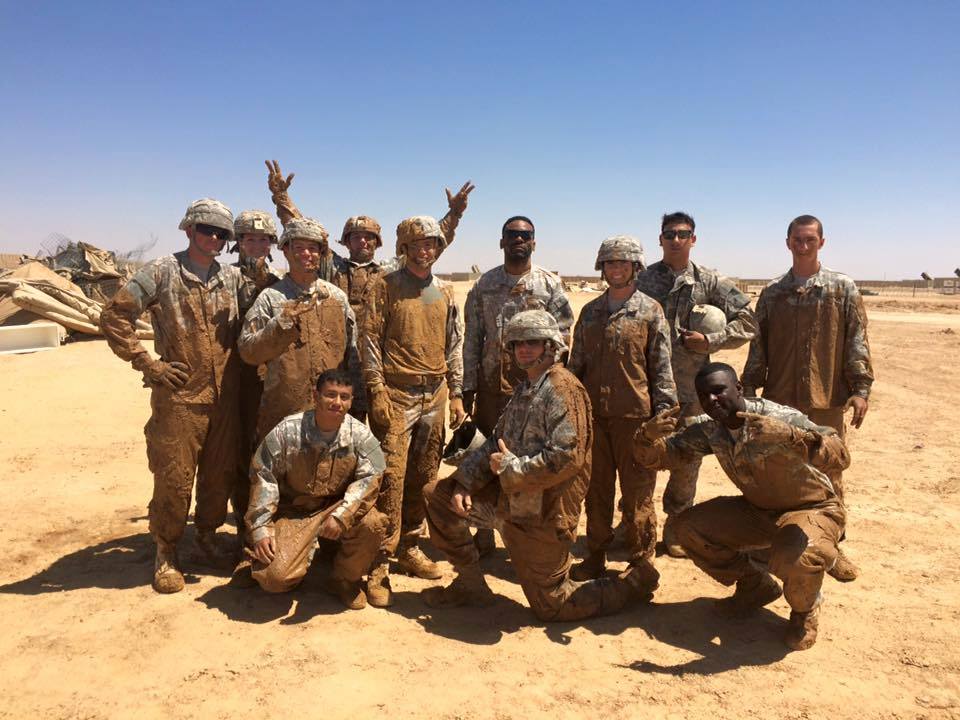
2. “Learn from the experience of others.” When I first arrived at my unit in Fort Bragg, North Carolina in October 2013, I just tried to be a sponge and soak up every individual’s knowledge. I knew each and every person, down to the lowest Private, had more experience than me. I respected the opinions, experience and knowledge that was shared with me as it made me a better and stronger leader in return. I am doing the same with those I work with now in the civilian sector and it is serving me well.
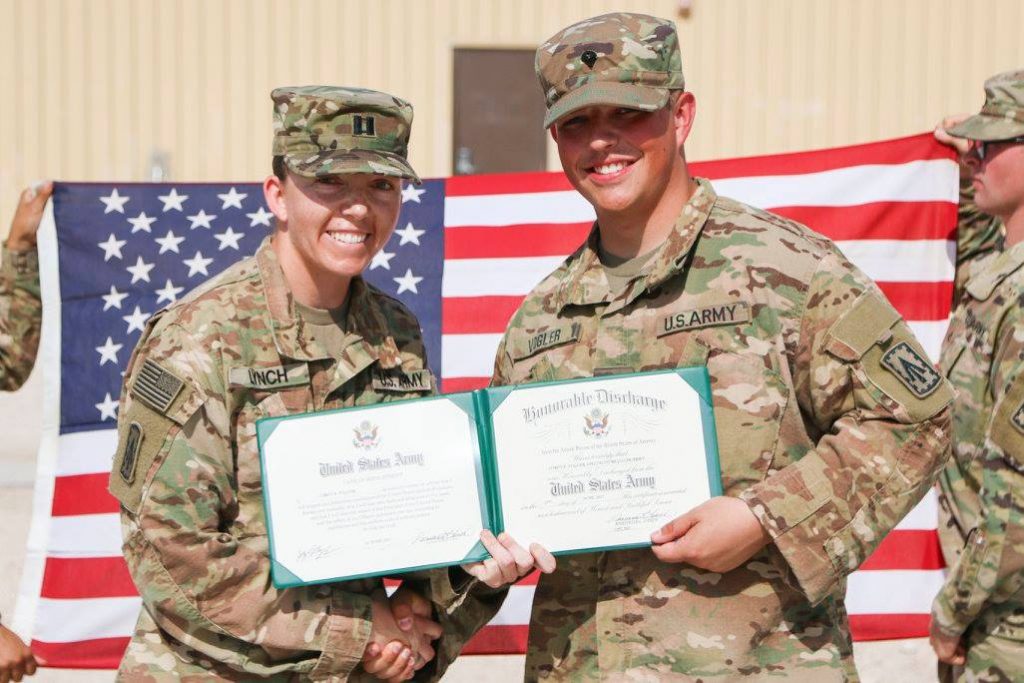
He taught me everything I needed to know S6.
3. “You always have something more to give.” I think it would be very fair to say that before I joined the Army, I did not really know my limits. In today’s time, very few of us have ever been really uncomfortable, really tired or really in pain. The mind will start to play tricks on you when it is tested by extremes – it tells you that you can’t go faster, can’t keep running, can’t push through the barrier, but you almost always can. Realizing and then internalizing that you have that capacity somewhere inside you not only gives you confidence in whatever it is you are tackling, it makes the difference between success and failure. I call it Endurance – the mental and physical stamina measured by the ability to withstand pain, fatigue, stress and hardship. I surprised myself every time I dug a little deeper into my Reserves – mind over matter always.
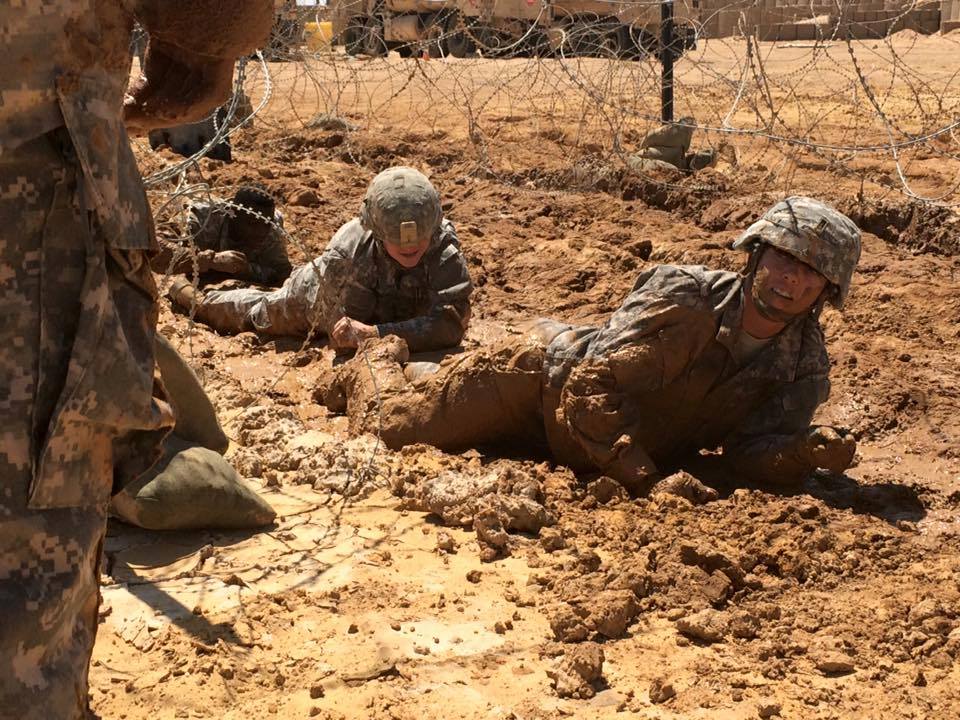
4. “Be decisive.” I did not always know the answers, but I attempted every briefing and every answer to a question with as much confidence as I could muster. Even if I was wrong, I was going to own it. If I did not know the answer, I simply stated I did not know and assured the person I would find it – no one likes fluff (even if it is masked as confident fluff). To earn trust and credibility amongst your team, one has to be decisive making prompt, fair and rational decisions in times of stress. Confidence is King. There is a fine line between arrogance and confidence as there is between stupidity and bravery. What there is no place for is uncertainty or hesitancy. Individuals and teams both find themselves in trouble when they get caught in the middle, put in a vulnerable position or not exactly certain of their objectives. As a leader at any level, having confidence in your decisions is crucial and earns respect and tenability.
5. “Speak when you are angry and you make the best speech you’ll ever regret.” I never swore in front of Soldiers. The one time my Soldiers heard me cuss, they never let me live it down — even to this day. I also never got angry in front of them. They knew when I was upset or mad, but never did I or would I raise my voice. I prided myself on this especially when I was told that my silence was scarier to them. They knew that silence meant disappointment. I was presented with plenty of opportunity in 6.5 years to “lose it” but when I felt this way, I simply walked away. No one respects an angry temper. To be self aware enables a person to proceed with calmness in a heated moment. Failure to remain calm, alert and of sound mind in angry situations either adds to the mayhem or allows it to go unchecked. Both are unacceptable.
6. “Take care of yourself”. One needs to take care of his or her own health, family, education and career first. Never put off going to the doctor, attending family events, investing, planning your education and mapping out your career since no one else will do it for you. Problems become insurmountable when one is not proactive. Decisions I made in uniform will have a large impact on post military life later. By taking care of myself, I learned what was important. There will always be more to accomplish than time allows. Attempting to do everything is a recipe for disaster and burnout. I know because I tried. Goals and priorities allow you to focus on activities which have the greatest impact. I do not spend precious time and energy on things that do not matter — a thing that was difficult for me to leave behind as I thought it all mattered. I try now instead to identify, focus and complete what is most important first; then I go back and address additional tasks and activities that are not high priorities.
7. “Persistence and follow-through are critical to success.” In turn, adversity is a part of life. Skills and judgment are developed based on experience which includes challenges and obstacles. Commit to your actions and what you tell others you will accomplish. Not doing what you say erodes creditability and empowers resistance. By affording my Soldiers and supervisors the certainty that I would perform my duties to the best of my ability granted them the dependability they deserved. Sometimes personal issues had to be compartmentalized to accomplish the mission.
8. “Achieve results.” Activity should not be confused with accomplishment since results are what matter. Effort and intent are important but irrelevant when positive results are not achieved. Enough said. No need for elaboration. It’s a philosophy to live by.
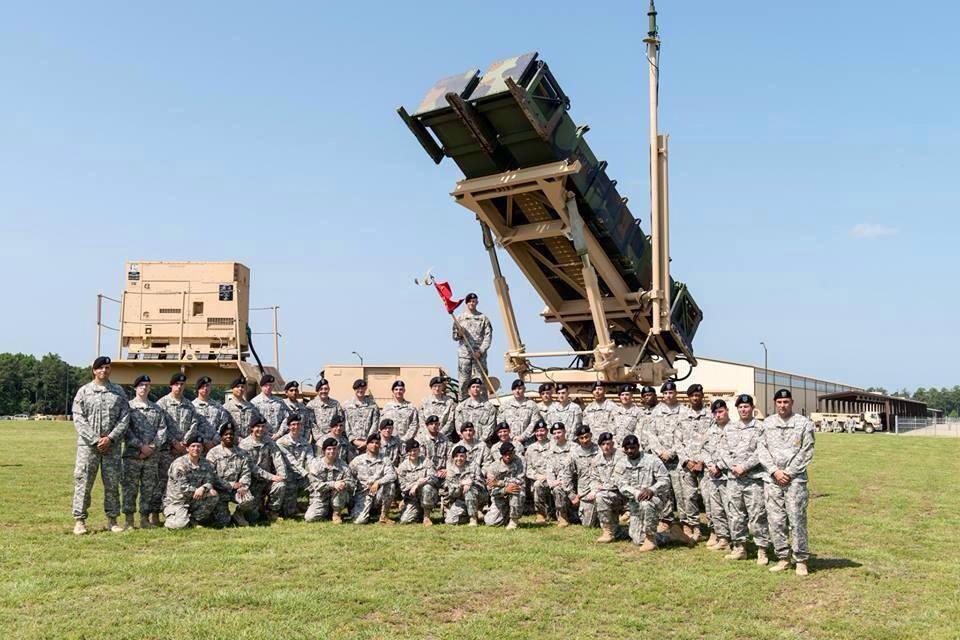
We got results! MRE #1
9. “Never stop thinking for yourself.” No situation is permanent and thinking is the first step to effecting change. Military personnel are expected to follow direction, but we are still allowed the freedom to think. I heard a quote once, “When someone is blindly subservient to institutional authority, their judgment is frequently compromised.” We may not and should not voice or act upon all of our individual thoughts, but we should never lose the ability to think for ourselves especially if and when a situation appears illegal, unethical or immoral, or worse, let fear of that thinking keep us from doing or saying something.
10. “Listen actively.” Do not confuse hearing, which is passive, with the active function of listening. Listening results in understanding and learning, which is critical to success. Supervisors, subordinates, instructors, peers, even friends and family want you to listen – not just hear. I always did my best to listen actively. It was the best way to learn my job as well as earn loyalty and trust from my team. Your Soldiers could care less about what you know until first they know how much you care (about them and about your job).
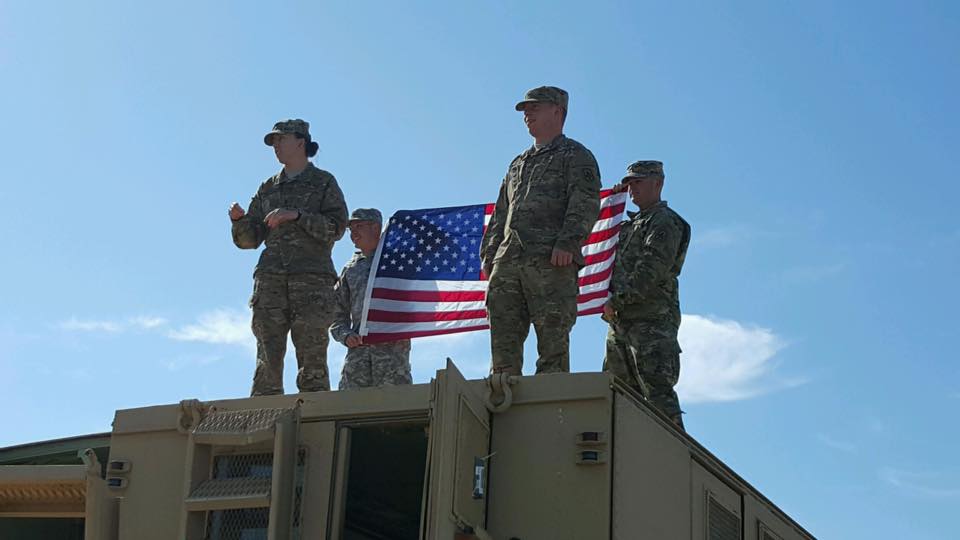
11. “You can’t rely on technology.” We live in a technology-driven age and nowhere moreso than on today’s battlefield – advanced weapons, thermal-imaging systems, drones, etc… A wise man once said, however, “To take a town, some b****** still has to crawl into the middle of it and raise a flag.” Individual knowledge is power. Knowledge is one of the few things that no one can take from you. Know your weapons, but also ensure that you are a versatile and well-rounded individual who also knows your battle drills, policies and procedures and even the jobs of your subordinates and peers. If you are not trying to learn everything you can, you are not trying to be a valuable asset. Most paramount though — know yourself, so you may have the strength and tenacity necessary to react accordingly to every situation and obstacle presented you. My generationally displaced, tech-tarded self relied on this in ADA (Air Defense Artillery) world.
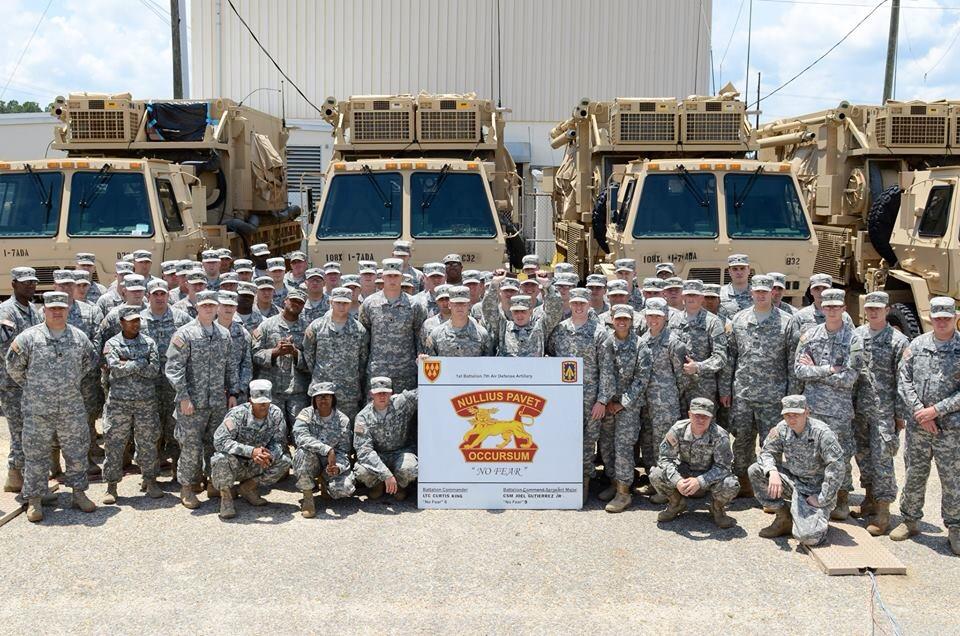
12. “Appearance matters.” I grew up having been taught to “always dress the part” no matter where it was I was going – the golf course, church, a school dance, a military ball, my new job in the civilian sector, etc.. and prided myself on always being able to do it well. It is called Bearing. Creating a favorable impression in your posture, appearance and personal behavior at all times is a discipline. Failure to do so can tarnish the image of the institution. Most importantly, a professional appearance and attitude helps to gain the respect of the citizens we serve. We should never give the American people a reason to doubt putting their faith in us.
Finally, #13 “Have a mentor.” Everyone should have at least one trusted advisor they can speak with, discuss ideas and seek council from. The ideal situation is having several mentors, both inside and outside the military. Everyone needs an honest sounding board that can provide candid insights, transparency and objectivity. I am fortunate to have a few both inside and outside of the military. I speak with them often and I am thankful for the wisdom they impart. My successes have not been achieved alone and my failures were made easier to rise from because of these mentors.

I learned these lessons and so much more in the Active Duty military and hope to learn even more in the Army Reserves. When I joined the Military in 2012, I was at a crossroads in my life. I felt like a sheltered 24-year-old woman who knew only golf and not much else (a naïve thought, but it is how I felt at the time). My experience with the game certainly prepared me for the military by instilling the importance of a hard work ethic, unwavering dedication to being one of the best, the Vincent Lombardi will to win and immense patience through trial and error, but golf was a life teacher in childhood, teenage angst and college trials. I will always be grateful for the lessons the game afforded me and for the doors it opened, but it was time to graduate. The Army served as a new teacher that opened my eyes to endless possibilities, introduced me to people from all walks of life, gifted me with a newfound confidence in myself and most of all, showed me that I could be and was something more than just my golf game.
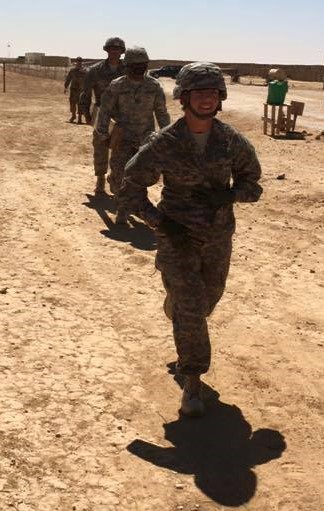
PS: I believe it is important to state that these lessons do not have to be learned only through Military service as we should all always be reflecting on and drawing from our individual journeys! Journey on and never stop learning!